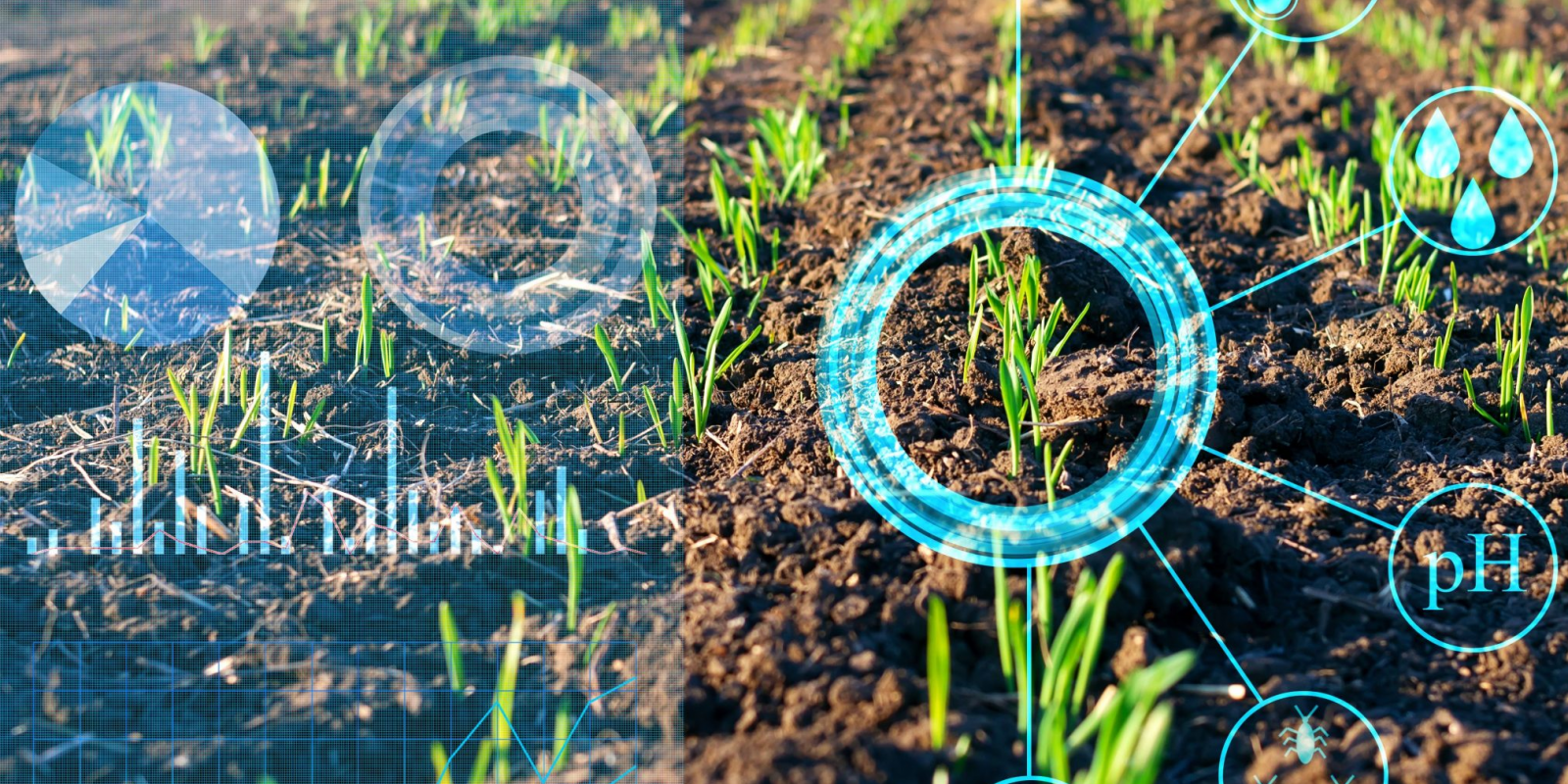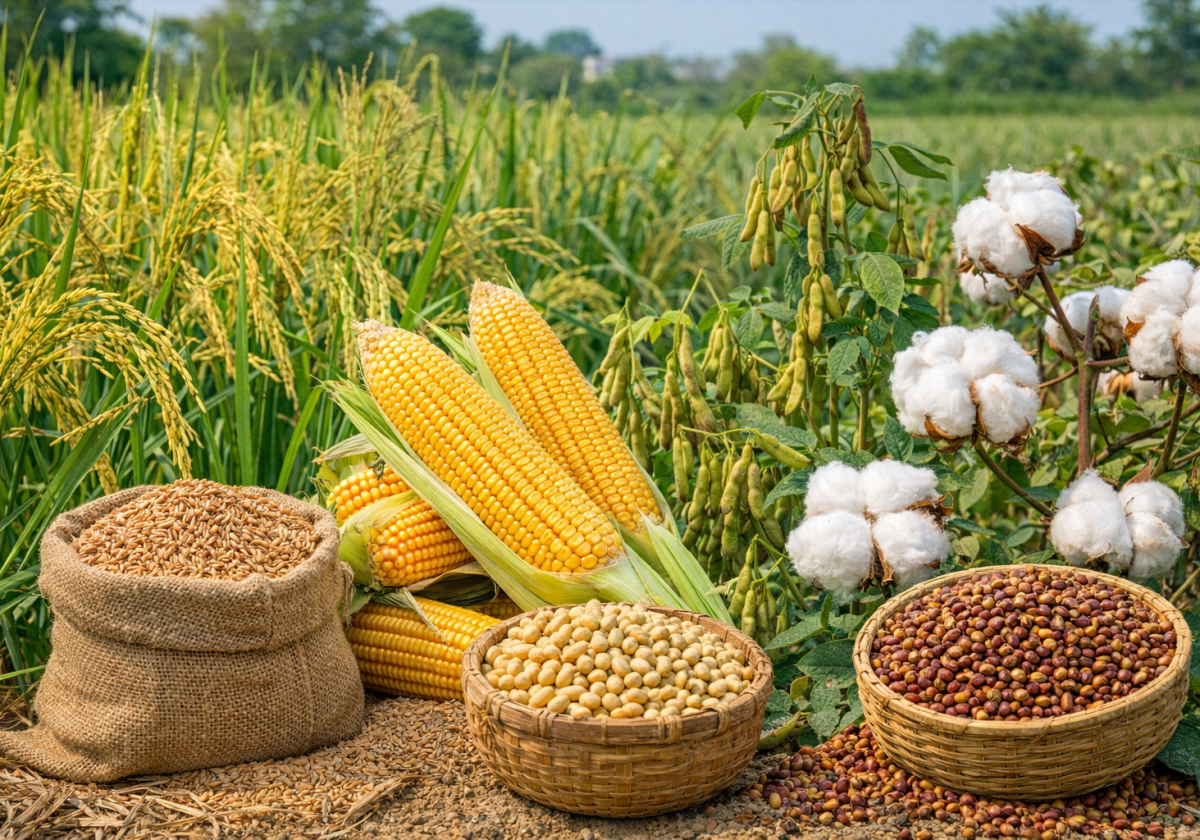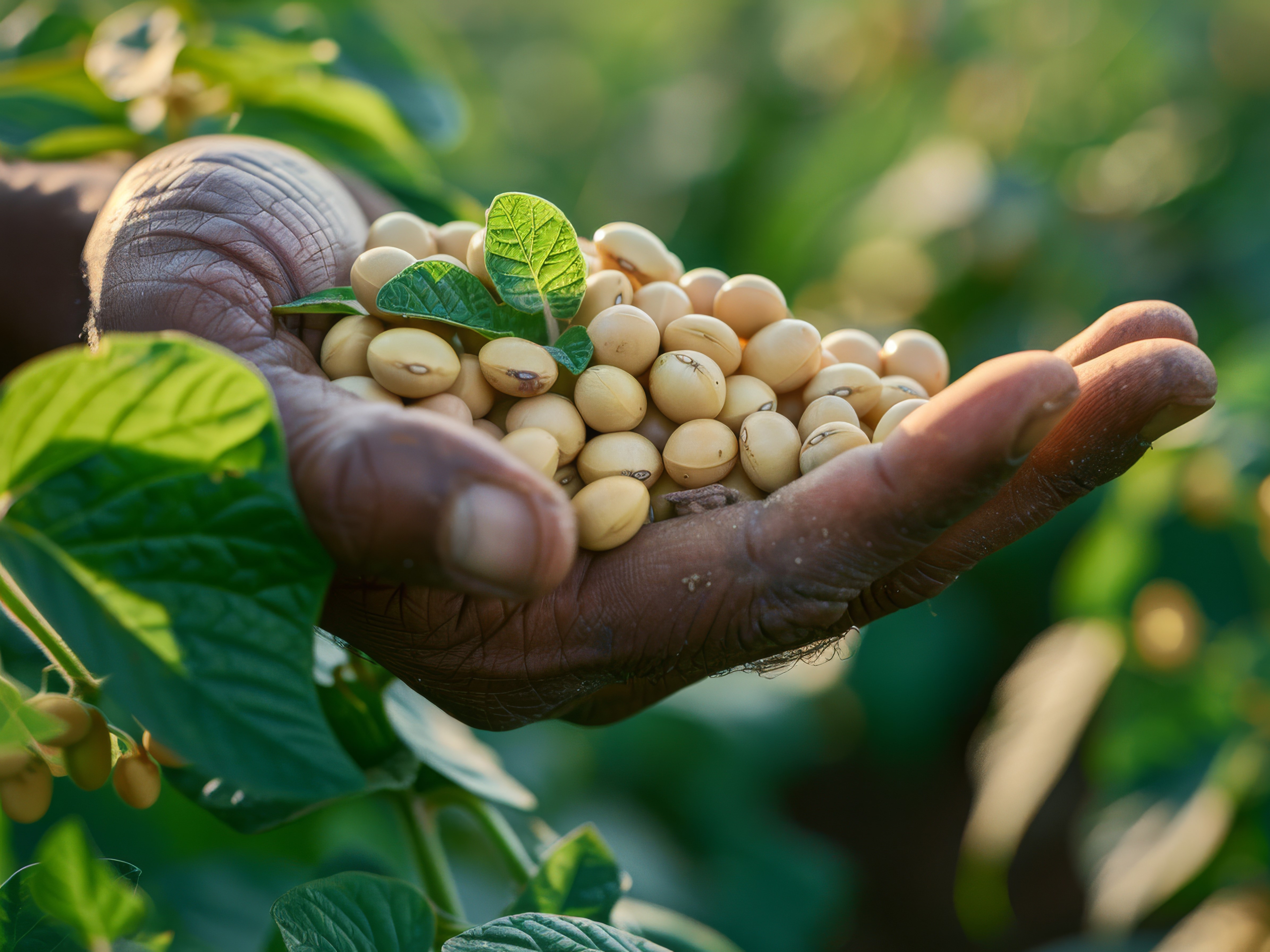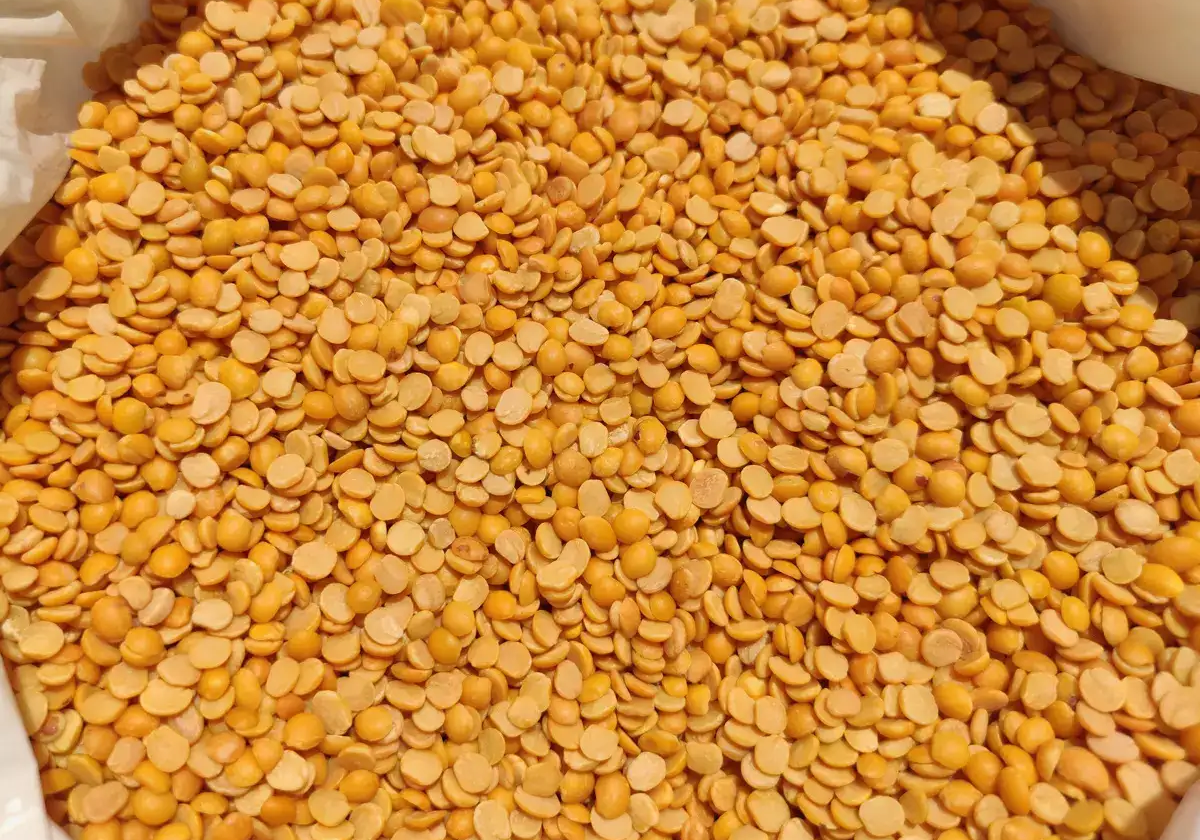Blockchain! Sounds fancy, doesn’t it? Well, the agricultural sector is experiencing a major digital transformation lately and among all other techs, block chain in agriculture has stood out due to the combination of benefits it provides.
Being an open system, all stakeholders come together under one roof – Blockchain – as nodes to facilitate smart contract by using a distributed ledger. It maintains records of all transactions among nodes with high security resulting in greater efficiency, traceability, and transparency of supply chain and thus is even considered to be the future of agriculture.
Is traceability the ultimate solution?
‘Is this fresh?’, ‘What if this food is adulterated!’’Who knows where it comes from!!’
These questions are easily relatable to all of us but the answers to these questions have always been uncertain.
However, Block chain in agriculture claims to be the solution.
In a typical agro chain as the product moves between multiple stakeholders custodian information becomes difficult to trace. Blockchain, in such cases, helps in overcoming this challenge by ensuring trust and transparency throughout its supply chain.
Analysing a blockchain record can help us to become acquainted with the condition of the produce from planting to delivery. Tracking of commodities can also help in tackling delays, checking adulteration etc.
Can transparency & security go hand in hand?
In a blockchain, every time a new stakeholder enters the loop, a new node is created and it starts communicating with other nodes which leads to transparency. Often we get confused if transparency and security – the two main attractions of blockchain can go in parallel… Yes, blockchain allows the coexistence of both!
Since the records are secured through cryptography, it offers high security of the stored data. But definitely, a lot of energy is consumed for facilitating both transparencies as well as securities throughout the blockchain. This can lead to wastage of resources!
Agriculture is a sector which is already experiencing resource scarcity such as scarcity of water, land etc… So, will introducing a technology which can multiply the crisis be a smart move?
Another problem concerned with the security is difficulties in updating, modifying and eliminating information from the stored data. Since the data is highly secured through cryptocurrency any modification will consume a lot of time…
Transaction cost? Reduced.
One of the major problems faced by farmers is the cost incurred during such transactions. Small farmers often show reluctance in adopting agri technologies thinking that it could increase their expenses.
Block chain in agriculture reduces the transaction costs within a supply chain by bridging the intervention of intermediaries.
Empowering farmers to make them realize a better price for their produce is one such challenge. Farmers should be well acquainted with the nature of the market, the price fluctuations and should try to overcome the hindrance for better monetisation of their production. Block chain in agriculture can definitely be a solution to all these issues.
Agriculture being the primary source of livelihood for 58% of Indian population blockchain cannot create a revolution unless it becomes accessible to even the smallest farmer.
Agritech startups to redefine agriculture…
The number of Agritech startups (like agribazaar) is profusely increasing nowadays. Even though the majority of the startups are flourishing, there are some which plunge.
It is necessary to ponder on why this is happening in the agricultural sector which is raw to digitalization.
- Even after putting a lot of time, effort and capital businesses can fail if they are not accessible and affordable to farmers.
- Lack of capital and funds becomes another reason. Even though it is easy to gather funds during the initial stages by using the tag of ‘blockchain’ without a strong financial base it becomes difficult to survive in this sector where competition is also becoming tougher.
Blockchain technology has a wide scope in agriculture that can result in a complete transformation of the sector. But the major roadblock to this is that the existing business model is unable to reach out to all farmers in quickstep. The fact that Blockchain is not yet fully-fledged and acceptable, restricts it not to do what this tech could do.
Hopefully, with more advancement in technology blockchain can definitely tackle this problem and can revolutionize Indian agriculture.
By Aleena Simon








 Connect With Us
Connect With Us